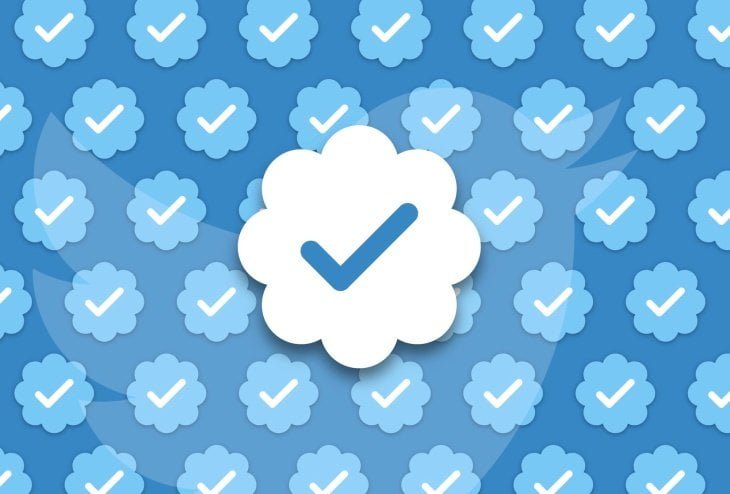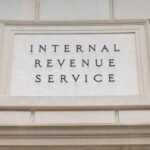Twitter Restores ‘Blue Tick’ Free of Charge to Celebrities in U-Turn – Twitter has reversed its verification policy once more, reinstating the “blue tick” for free to prominent users of the social network. However, the site’s decision to reinstate the “verified” status without distinguishing between paid-for and free users has resulted in false advertising accusations, because the basic disclaimer for those users incorrectly describes their status as being granted “because they are subscribed to Twitter Blue.”
The social network stopped its old verification method on Friday, April 20, a date reportedly chosen because of its significance in cannabis culture, and in the process removed the blue checkmark that signified a real account from all “legacy” users. However, leaving only those users who have paid for Twitter’s subscription service with a checkmark had unintended consequences for Elon Musk, the social network’s owner and CEO.
People Also Read: Elon Musk Threatens to Sue Microsoft After it Drops Twitter From Ad Platform
Rather than persuading pre-existing verified users to pay the subscription cost, which starts at $8 a month, the vast majority simply continued to use the service. According to publicly available data, fewer than 500 of the 400,000 legacy users signed up, and almost as many discontinued their subscriptions at the same time, for a net revenue boost of less than $300 per month.
As a result, a blue tick on the social network quickly became a sign of paying for the privilege, sparking a grassroots effort to “block the blue,” with users pledging to ban subscribers on sight. However, not every user with a blue tick had paid for it personally. Musk disclosed on Friday that three people have received one for free: Stephen King, LeBron James, and William Shatner.
Over the weekend, that number skyrocketed, with nearly every celebrity user with more than 1 million followers receiving a new blue tick (with one notable exception: Jack Dorsey, co-founder of Twitter and Bluesky, a decentralized Twitter competitor, who did not receive a new verification mark).
People Also Read: Pinterest Expands its Creator Fund for Underrepresented Groups to Five More Countries
However, the sudden loss of social credibility for possessing such a mark caused many users to deny their new status. Re-verified users such as Guardian columnist Owen Jones, the Massachusetts Institute of Technology, and Twitter comic dril stated that their new status came without them paying for it or asking for it.




